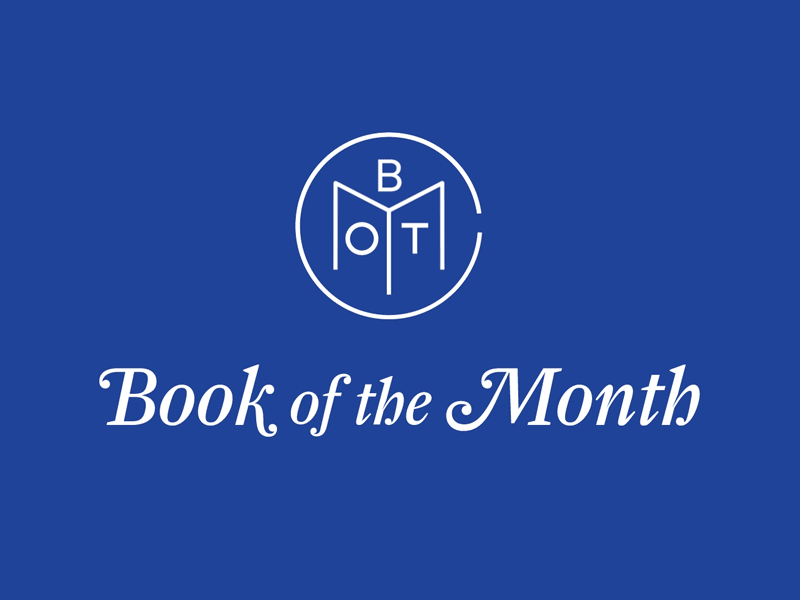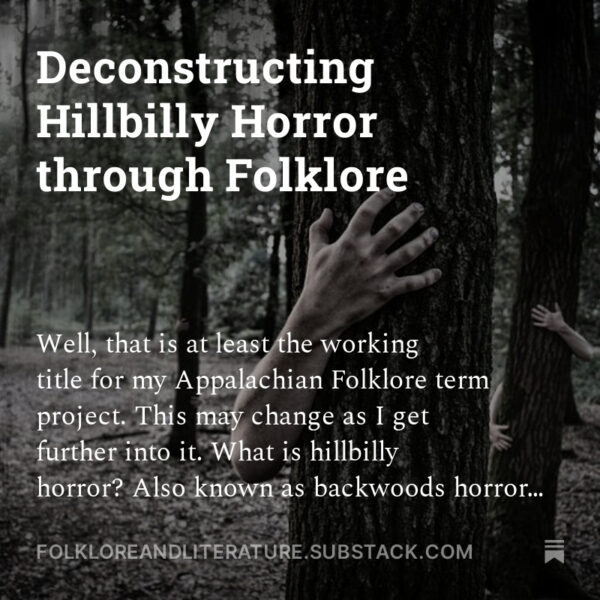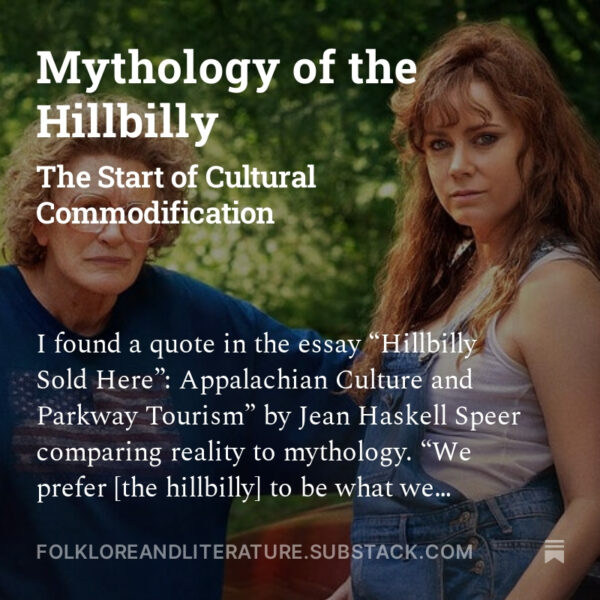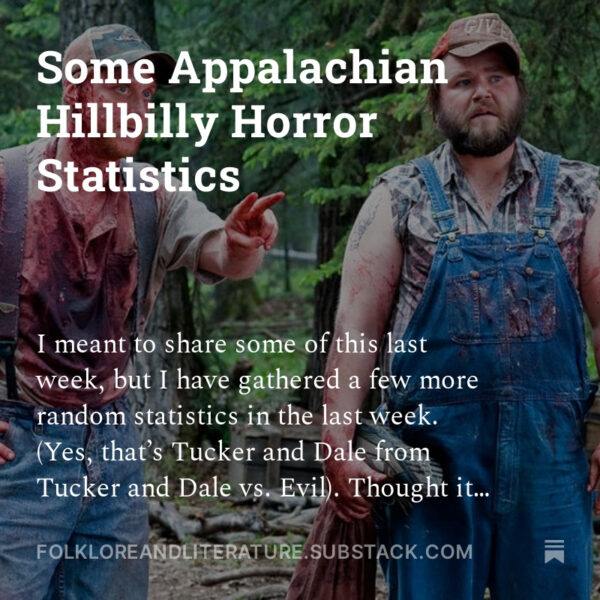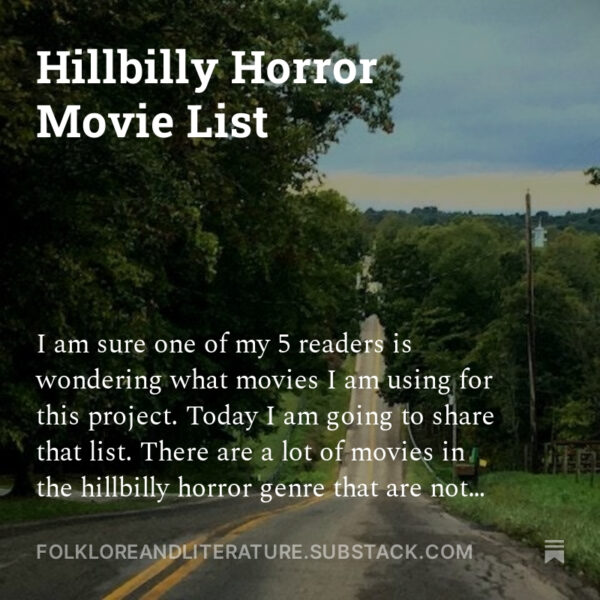5 Ways Real Life Mimics Literary Dystopias
My MA in literature has a cultural studies concentration. This means how literature reflects culture and society, and how society and culture reflects it back. This will will cover everything from folktales to contemporary literature. I am considering doing my masters thesis on Frank Herbert’s Dune. The thing about science fiction is it always deals with some problem of society, some social issue. The original Dune series tackled a lot of what was going on in the 1960’s, 1970’s, and early 1980’s starting with Dune and ending with Chapterhouse: Dune. The novels are still relevant today.
First, what are the traits of a literary dystopia?
• Propaganda is used to control the citizens of society.
• Information, independent thought, and freedom are restricted.
• A figurehead or concept is worshipped by the citizens of the society.
• Citizens are perceived to be under constant surveillance.
• Citizens have a fear of the outside world.
• Citizens live in a dehumanized state.
• The natural world is banished and distrusted.
• Citizens conform to uniform expectations. Individuality and dissent are bad.
• The society is an illusion of a perfect utopian world.
How many of these things are reflected in society today? Since culture and literature is my jam, I thought I would I would share 5 ways our modern world resembles popular dystopia literature.
- Totalitarianism – This looks a bit different depending on the novel. In 1984 by George Orwell (1949), we see the propaganda machine spinning stories into a positive light. Being a spin doctor is a both a skill and prerequisite to being a politician. Donald Trump took it all to new levels with conspiracies he kept repeating until people believed them. Tweets, likes, and sharing on social media of his ideas allowed him to say “A lot of people are saying” to create an illusion of legitimacy. Trump also conspired to keep himself in office even after being voted out. That is something on dictators do. A cult of personality formed around him and many of his supporters are still in office pushing his ideas. There is also this idea of “fake news”. Anything that goes against the ideal narrative, despite being truthful, is discredited. It has gotten to the point that many American’s can not tell reliable news from unreliable. Fahrenheit 451 by Ray Bradbury (1953) warned of the dangers of mass media and no one listened. More on this later.
Furthermore, we are seeing the government attempt to dictate history by outlawing what they think is Critical Race Theory. Teaching about racism and slavery can get teachers fired under these educational rules. The argument is about teaching “revisionist history”. Counternarratives to an exclusively white Eurocentric history isn’t revisionist history. It is merely looking at things from the other side. History is linear. Each moment influenced the next and we are still seeing the repercussions of those moments. The problem is, many of those in power don’t see it this way. They view it as an attack on America and the ideals that the country was founded upon, and these things must be squashed. - Loss of Rights – This goes along with totalitarianism. I am breaking this up where there isn’t a wall of text. Certain groups are trying to pass laws based in religion. Body autotomy is being taken away as is rights granted by the court systems. Welcome to the Republic of Gilead via The Handmaid’s Tale by Margaret Attwood (1985). The religious right is attempting to take over by removing the right to choose abortion. Women are going to be forced to be breeding machines in a country with a broken health care system and where many people are not paid a livable wage. 6 million children in the United States live in poverty and this isn’t seen as a problem, but choosing abortion is. The abortion debate isn’t about the right to choose, it is about controlling women. It has already been said that if Roe v Wade is overturned, the GOP is going to target gay marriage next. Each day we take a step closer to Attwood’s dystopic world.
- Willful Ignorance and Censorship – We are now going to return to Ray Bradbury’s Fahrenheit 451. Book banning is out of control. last year 1,597 books were challenged. That means a group of people wanted to restrict access to 1,597 books thinking they know what is right for everyone. This year alone we have seen public libraries digital catalogs taken down and a lawsuit filed against Barnes and Noble. Books by black authors, sexual education books, books talking about LGBTQ+ issues, and books centered around any religion that isn’t Christianity are those targeted the most. The argument of “unsuited to age group” is a stretch. What is and isn’t suited to an individual, and children are individuals, is up to the child and the child’s parents. People don’t give kids enough credit to not read something they aren’t comfortable with. By removing books, different viewpoints are erased. Representation is erased. By removing everything someone disagrees with creates a bubble, an echo chamber, that does not allow for opposing views. Everyone must believe the same things, even if someone finds those things morally wrong. This adds to the loss of identity that is already happening through influencer culture and the prestige bias that goes with celebrity worship.
- Violence – The book Random Acts of Senseless Violence by Jack Womack (1994) could be ripped from our headlines today. While religious cults are probably not on the rise (I have not looked recently), religion is out of control The Religious Right believes they have the God given power to impose their version of Christianity on everyone. Sometimes, even by force. We have militia groups coming out of the woodwork. Most of these groups are antigovernment white nationalists. As the book title suggests, senseless violence has become the norm. We just had another school shooting. It doesn’t get much more senseless than that. The book focuses on police targeting low income and black people. George Floyd. Trevon Martin. Breonna Taylor. Elijah McClain. I can list more examples. Racial profiling is a large part of living in America that no one wants to talk about.
- Reality TV – When I hear the words Reality TV the first thing I think of is the Kardashians. I hate myself for that. I’ve already brought up influencer culture and celebrity worship. Suzanne Collins gave us a different look into reality TV with The Hunger Games (2008). Reality TV has taken this same kind of turn with competitions in shows like The Bachelor and the many incarnations of Survivor. Much like The Hunger Games where the audience decided who gets help based on popularity, the audience gets to decide who stays and who goes on reality TV shows, based on popularity. It says a lot about how society judges others and who is deemed worth. Makes one more than grateful that The Purge doesn’t happen in real life.










